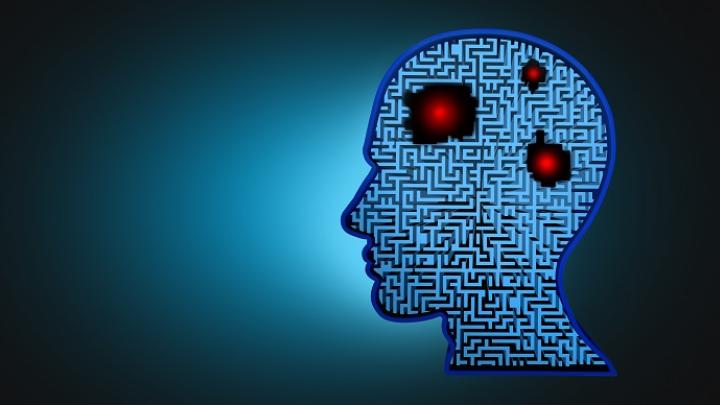Eat healthy food and your brain will run like clockwork
 Photo: Fotolia
Photo: Fotolia
The choice of diet affects the functioning of the brain, which in turn controls all the physiological processes in our body, scientists argue. What we eat affects the work of the central nervous system, but it also works in the opposite direction: the brain tells us what to eat.
"Food for thought" is the title of an online course prepared by scientists from the Institute of Animal Reproduction and Food Research PAS in Olsztyn in collaboration with researchers from the University of Turin in Italy and the University of Hohenheim in Germany. The joint project is part of the EIT Food is a European Knowledge and Innovation Community, of which the Olsztyn institute is a member.
"Diet has a huge impact on the brain, which is the central nervous system. The brain actually controls all the functions of our body, hence it signals the need for a number of nutrients that we supply to our bodies in a better or worse diet. By choosing an appropriate diet, we can increase or decrease the efficiency of the brain" - says Prof. Monika Kaczmarek, head of the Laboratory of Molecular Biology, Institute of Animal Reproduction and Food Research PAS and one of the creators of the course.
According to Kaczmarek, dietary choices affect many processes that take place in our bodies, from normal physiological activities to emotional states. It has been known for a long time that we are prone to stress-eating. When we eat chocolate, our mood improves; we start to feel better. By maintaining a proper diet, we can also maintain fertility, because what we eat affects the hormonal balance regulated at the level of the central nervous system.
"Interestingly, the diet and mood of a nursing mother can also affect the offspring. A number of hormones, including those released during stress, are found in mother`s milk and can affect the child`s health. The effects of mother`s milk, in which she transmits immunoglobulins to ensure the development of her child`s immunity, should not be underestimated" - explains Prof. Kaczmarek.
She notes out that the diet can also have an impact on neurodegenerative diseases prevention. In contrast, improper nutrition can manifest itself in various diseases, such as bulimia or anorexia. A relatively new condition is orthorexia, or obsession with healthy food. People affected by orthorexia avoid eating certain foods, and sometimes also specific ways of preparing food (such as frying), because they believe them to be harmful to health. Choosing healthy products and the way of preparing them determines their whole life.
These and other aspects of nutrition will be addressed during the online course Food for Thought on the FutureLearn platform (https://www.futurelearn.com/courses/food-for-thought). It is already open for subscriptions for all internet users. Over the period of five weeks, knowledge about the brain and food will be provided in a series of few minutes long videos, quizzes, articles and discussion panels.
To participate in the course, create a free account on the FutureLearn platform (https://www.futurelearn.com/) and wait for the notification about the start of the course. (PAP)
author: Agnieszka Libudzka
ali/ agt/ kap/
tr. RL
Przed dodaniem komentarza prosimy o zapoznanie z Regulaminem forum serwisu Nauka w Polsce.















